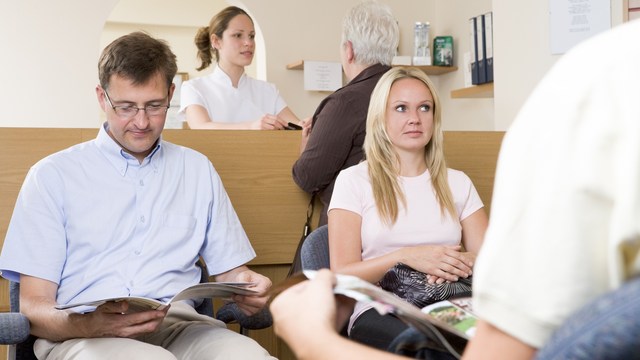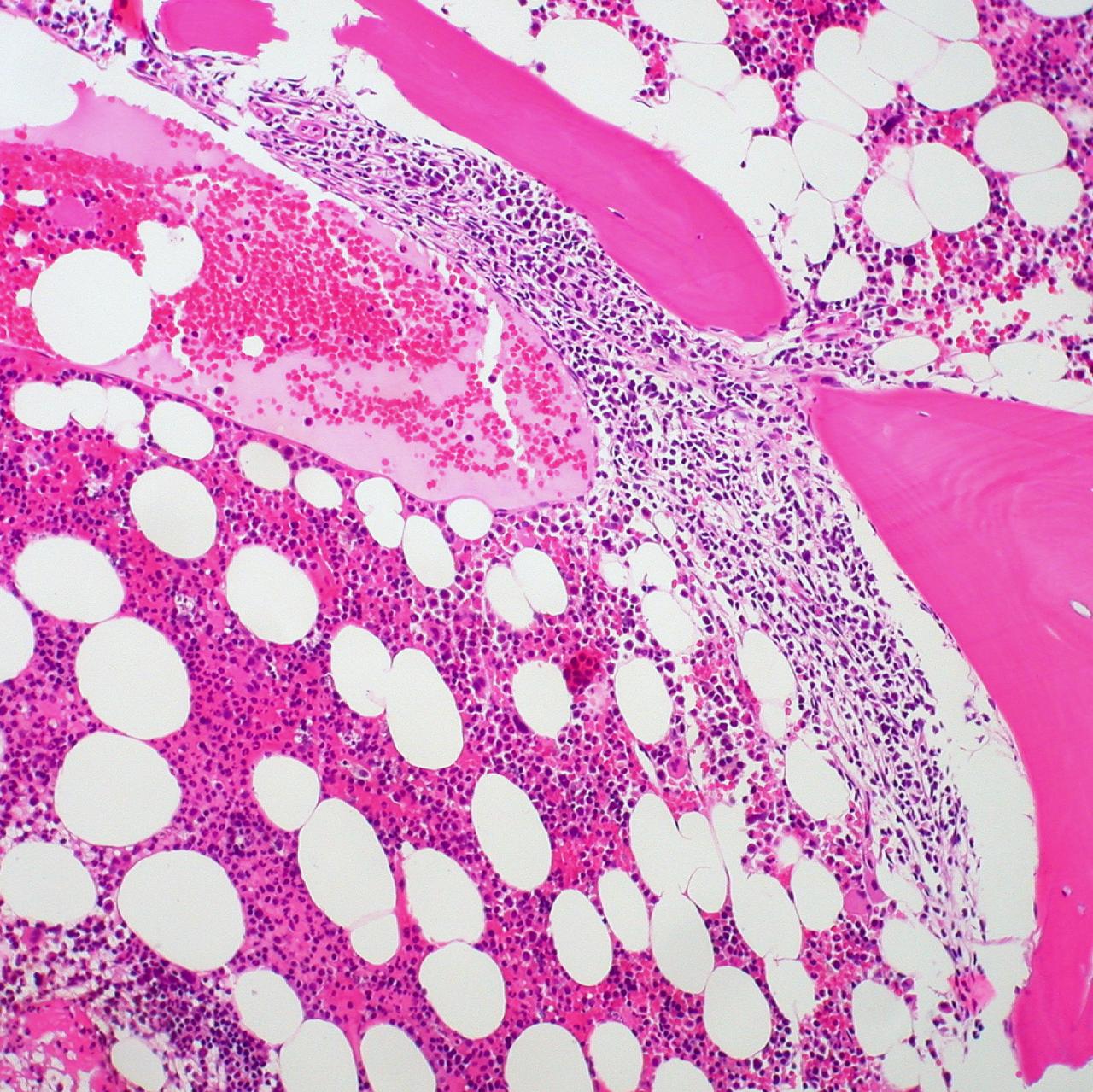 MonkeyBusiness Images/PhotoSpin
MonkeyBusiness Images/PhotoSpin
Children and adolescents diagnosed prior to 1970 with cancer were given little hope of reaching their 19th birthday. Improved treatments over the last four decades have dramatically increased survivorship to around 75 percent. However pediatric cancer survivors often face a greater lifetime risk of chronic health conditions, a new study found.
Three decades after their diagnosis, about 73 percent of pediatric cancer survivors experience at least one chronic health condition and six times higher risk of severe or life-threatening conditions compared to their peers who did not have cancer.
Researchers led by Dr. Anne Kirchhoff at the Huntsman Cancer Institute in Salt Lake City wanted to know how seriously a cancer diagnosis early in life impacts patients, families and communities.
The goal is to identify existing gaps in survivors’ long-term care and create strategies to prevent and better manage chronic conditions.
A common complaint among cancer survivors is that there is little or no followup after treatment ends, leaving many patients feeling abandoned by their health care providers. This gap is worsened by financial and access issues.
Kirchhoff said that this is a big problem, especially for childhood cancer survivors who tend to receive less survivorship-focused health care the further they are from their diagnosis.
For this study, Kirchhoff and colleagues identified 1,499 childhood cancer survivors and 7,713 who did not have cancer from the Utah Population Database (UPDB) and the Utah Cancer Registry. Half were women and roughly 98 percent were non-Hispanic white.
“We saw higher rates of hospitalization across most, but not all cancers types, particularly among women survivors, which gives us clues as to which groups of survivors may need better surveillance in the long term,” Kirchhoff said.
Childhood survivors in this study were 52 percent more likely to be hospitalized, and had 67 percent higher admission rates and longer hospital stays each time they were hospitalized than the general population, according to the study published online in Cancer Epidemiology, Biomarkers & Prevention, a journal of the American Association for Cancer Research.
Common reasons for survivors’ hospitalizations included conditions like blood disorders (such as anemia) and cancer, although it's unclear as to whether this was the original cancer diagnosis or new cancer.
Infections, nervous system problems and respiratory problems were other leading reasons for hospitalization, the study showed.
The Affordable Care Act (ACA) has been a boon to closing the U.S. access gap, Kirchhoff said.
“ACA has several provisions that will improve insurance for cancer survivors, including expanding coverage to dependents up to age 26, prohibiting insurance denials based on health status, and eliminating lifetime limits on coverage. Better insurance coverage should hopefully help survivors identify and manage health problems at earlier, less costly stages.”
However, failure by 21 states to opt into Medicaid extension under the ACA means 27 percent of the uninsured population — about 5 million adults — who would have gained coverage are likely to remain uninsured and stranded without access to the care they need.
The result could be disastrous for communities with the highest burden of illnesses and who must shoulder higher costs.
“We know regular cancer-focused health care is critical for identifying health problems for survivors throughout their lives,” Kirchhoff added.
“As health problems emerge for survivors, the lack of preventive care for identifying conditions may lead to the development of complex health conditions that require hospitalization,” she said.
The Utah researchers will conduct further analyses to better understand the reasons for which survivors are hospitalized and to better grasp impact of their hospital-related costs.
Kirchhoff recommends that patients and families who have experienced childhood cancer obtain a cancer treatment summary and recommendations for follow-up care from their oncologist.
She further advises that they coordinate their follow-up care with their oncology and primary care doctors to ensure their health care needs are being managed.
Lynette Summerill is an award-winning writer and watersports junkie living in San Diego. In addition to writing about cancer for EmpowHER, her work has been seen in publications internationally.
Sources:
Interview. Anne C. Kirchhoff, Ph.D, MPH. June 10, 2014.
Risk of Hospitalizations for Survivors of Childhood and Adolescent Cancer. Anne C.Kirchhoff, Mark N. Fluchel, Jennifer Wright, Jian Ying, Carol Sweeney, Julia Bodson, Antoinette M. Stroup, Ken R. Smith, Alison Fraser, and Anita Y. Kinney. Cancer Epidemiology, Biomarkers and Prevention. Published OnlineFirst June 12, 2014; doi: 10.1158/1055-9965.EPI-13-1090.
Abstract at:http://cebp.aacrjournals.org/content/early/2014/06/03/1055-9965.EPI-13-1090.abstract
Pediatric Cancer Survivors: Past history and Future challenges. Anna T. Meadows, MD. National Cancer Policy Board Institute of Medicine. 2001.
http://www.iom.edu/~/media/Files/Activity%20Files/Disease/NCPF/BackgroundPaperPediatricCancerSurvivorsPastHistoryandFutureChallanges.pdf
“Childhood Cancer Survivors Hospitalized Frequently Years after Cancer Treatment.” AACR Press Release. 12 June, 2014.
http://www.aacr.org/home/public--media/aacr-in-the-news.aspx?d=3375
“The Coverage Gap:Uninsured Poor Adults in States that Do Not Expand Medicaid.” Kaiser Family Foundation. 31 Mar. 2014.
http://kff.org/health-reform/issue-brief/the-coverage-gap-uninsured-poor-adults-in-states-that-do-not-expand-medicaid
Reviewed June 24, 2014
by Michele Blacksberg RN
Edited by Jody Smith






Add a CommentComments
There are no comments yet. Be the first one and get the conversation started!